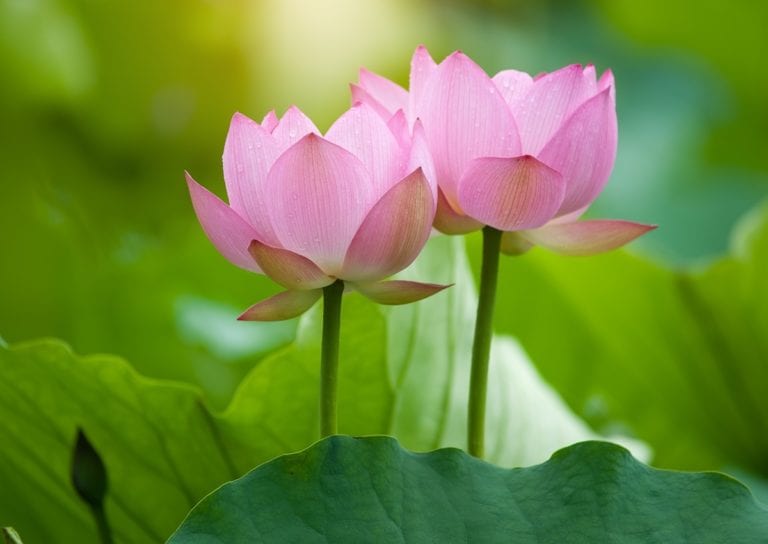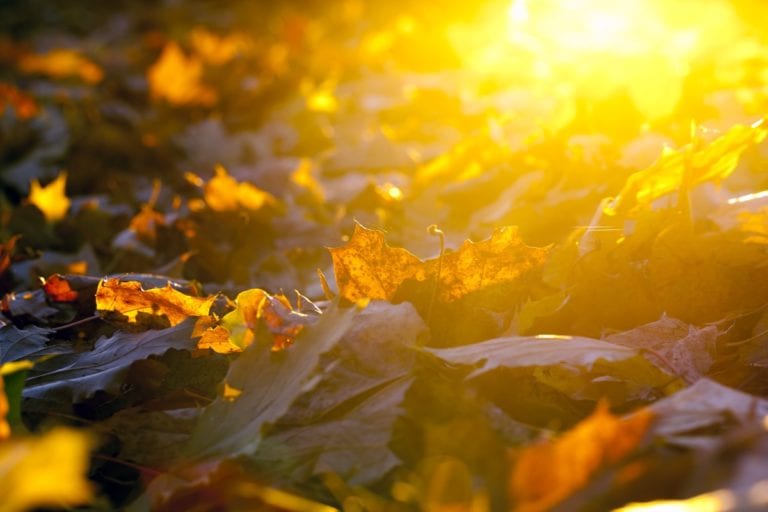Similar Posts

735th Week: Choosing Your Frequency
I’ve written many times about the power of orienting awareness to heart perception and intelligence. This is because the resonating quality of the heart automatically orients us to a sense of connection with the world around us. The qualities we embody as we move through our daily lives have an impact not only on our internal quality of experience but also have a noticeable impact on the places where we find ourselves and on those we encounter along the way.
I find that, when I’m in an irritable mood, I seem to “bump up against” life in so many unexpected and irritating ways. When it dawns on me that I’m resonating with the frequency of irritation, and that this is the quality that currently characterizes my experience, I’m now able to take a moment, ground myself, and shift into my heart space, doing a couple of heart breaths similar to what HeartMath suggests. This shift changes my focus of attention and I am then able to resonate with a more positive and connected quality of being and experience. I’ve found over time that this kind of shift also changes my external experience and I tend to stop bumping up against what comes my way. Read More “735th Week: Choosing Your Frequency”

2023 November Meditation
Returning to what we explored earlier this year, notice any change in your experience over this time of recognizing the living presence of relationships, collaborative communities, that are everywhere in your life and that your radiating presence touches everyone and everything you encounter along the way. This meditation invites you to expand the everyday relationships you have with the world around you, acknowledging the inevitability of relatedness, of community every time you go in or out of a store, a park, any kind of community gathering place.
Below is the audio version and, below that, is the YouTube version with images of nature that accompany the meditation…

898th Week: Adapting with Compassion
During my morning stroll through Facebook, I came upon the following story, posted by Upworthy. As I read it, I began to think about how important and uplifting it is when we can adapt to adversity, change, or unexpected developments with new, creative, and compassionate responses. Here’s what I read on FB:
“My dad has a massive vegetable garden and it is his life. Whenever I ask how things are going, he tells me about the garden. Periodically he will text me a picture of the things he’s harvested and ask when I’m coming to pick them up. And for a while, the biggest bit of garden gossip has been his nemesis, the gopher. This gopher was consistently ruining his day by pilfering the best of everything just before my dad could harvest it. Anytime I talked to him, all he had to tell me about was ‘that damned gopher.’ He dreamt about killing the gopher, his truest enemy. He tried to train the dog to hunt the gopher, but the dog is a pacifist. He led some of the barn cats to the holes, but the barn cats have unionized and refused his offered rate. He then laid no-kill traps (can’t risk having poison near the crops) with eventual gophercide in mind, but then suddenly he was faced with a cute and terrified animal and didn’t have the heart. He released it. ‘He was SO scared, he’ll never come back.’ The gopher was back the next day, with a vengeance. That was some weeks ago. Today, my dad sent me pictures of his garden, and I saw a squash gently laid by the gopher’s hole, like a package left on the doorstep. I said ‘Dad, what’s that squash doing there by the gopher hole?’ He said ‘Oh, he likes squash best.’ In an effort to appease the gopher, my father now gives him a little squash everyday, like leaving an offering for a garden spirit. This apparently works well as a compromise; the gopher has stopped stealing, content to have his meals delivered to his door.” Originally posted on FB by filmnoirsbian.
Notice your response to reading this story and, in particular, notice the response of your heart-based awareness. Next, imagine how your life would be, or how our collective life would be, if we all could arrive at this kind of resolution. In the story above, a response that embraced collaboration rather than combat arose, with some compassion thrown in.
This story reminds me of the inescapable fact that we live on a planet that thrives on cooperation and active collaboration. For sure, there’s also competition but as Elisabet Sahtouris, the evolutionary biologist found, while young species may emphasize competition, more mature species move toward expressions of cooperation and collaboration.
Read More “898th Week: Adapting with Compassion“
688th Week: The Dynamic Impact of Blessing
One of the great gifts of my life is my relationship with gratitude. As I move through New York City, and most especially in Central Park each morning, I find myself full of gratitude much of the time. Each morning, I fill up with it as I encounter the beautiful trees, birds, and other animals, rock outcroppings, and plants I pass by on the way to my office. Also, when I’m out and about on the busy streets of New York, I find myself feeling gratitude for the fact that such a diverse array of people manages to move through this city with relative grace and I’m always moved to hear so many languages spoken as I walk from here to there.
One of the companions of gratitude has become, for me, another of the great gifts to my life—the ability to offer blessings as I move through the world… Read More “688th Week: The Dynamic Impact of Blessing”
Week 620: Finding Our Similarities
Recently, I heard about a metaphor that I liked a lot and it got me to thinking again about the impact of our frame of reference on our perceptions as we move through any kind of experience. The metaphor was about stained glass windows. The underlying theme is that, even though every stained glass window has a different pattern or scene on it, even if the difference is very small or incredibly large, the fundamental reality of it is that the same light shines through it and every other stained glass window. Read More “Week 620: Finding Our Similarities”